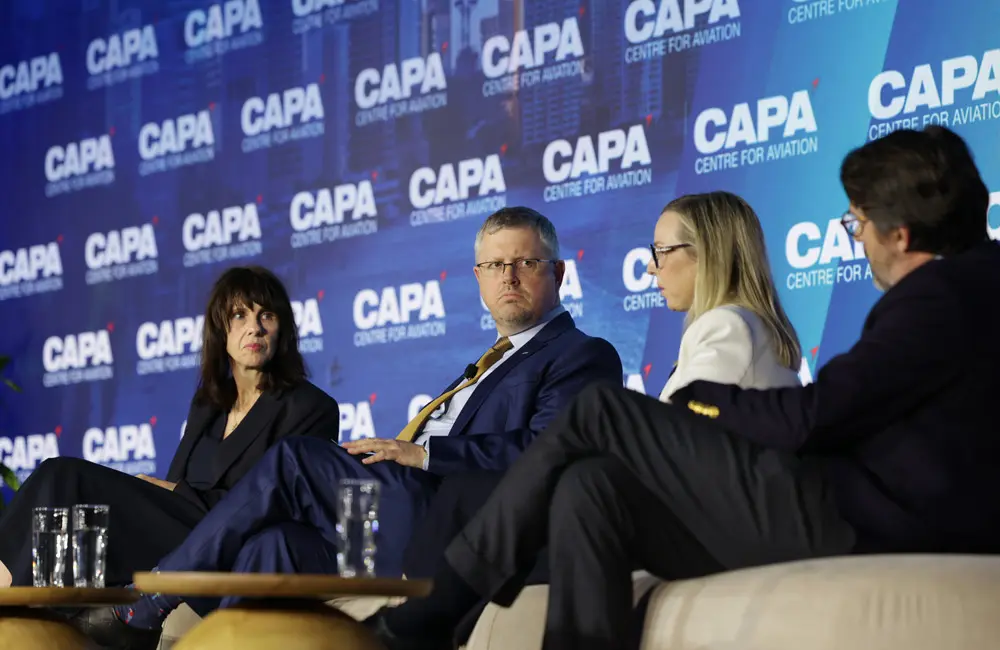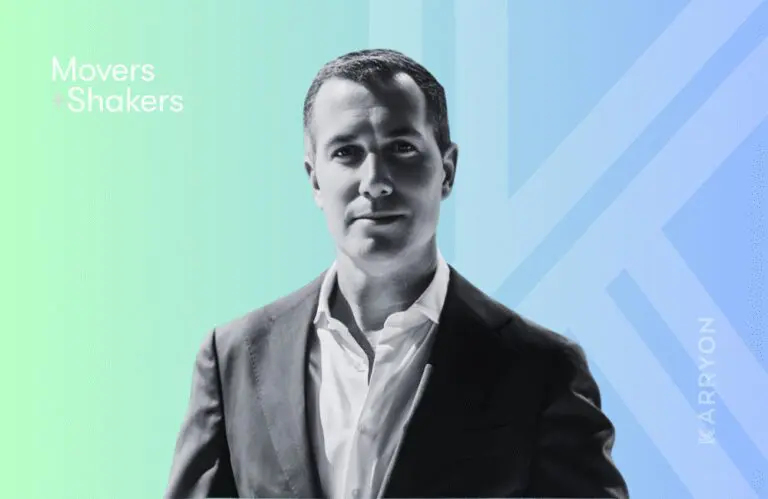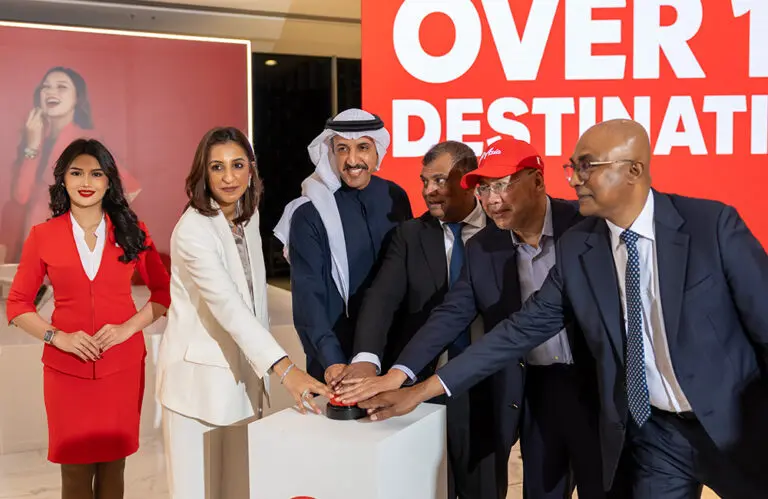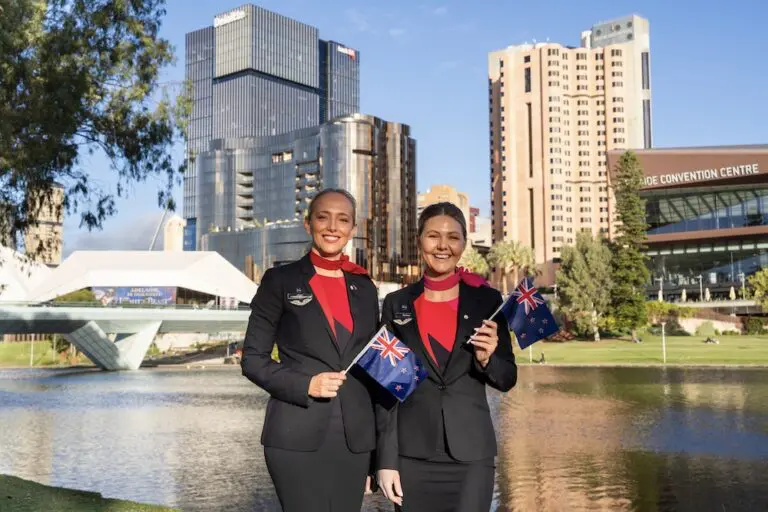Aviation sustainability experts say Australia has the commitment, consumer interest and production requirements to manufacture sustainable aviation fuel (SAF) and achieve its net-zero goals by 2050 but if we don’t make decisions within the next 12 months, the nation will be left behind in the global race for decarbonisation.
The air travel sector is under increasing pressure from governments, consumers and others to accelerate its transition to a low-carbon future but airlines and airports require buy-in and regulatory support from governments to make progress.
Speaking at the recent CAPA Airline Leader Summit Australia Pacific 2024 in Brisbane, aviation sustainability leaders from Australia and New Zealand’s major carriers and manufacturers outlined the current local landscape in the race for decarbonisation.
Airbus Chief Representative Australia, New Zealand & Pacific Stephen Forshaw said aviation sustainability is one of the top three issues when airlines are making fleet decisions.
“[Airlines] are looking to us as a solution provider, and I think that’s a recognition that in the current climate, there are limited pathways open to decarbonisation, and the most immediate for the airlines is fleet renewal decisions involving the acquisition of new-generation, far more fuel-efficient and emission-friendly aircraft,” he said.
What Aussie travellers want
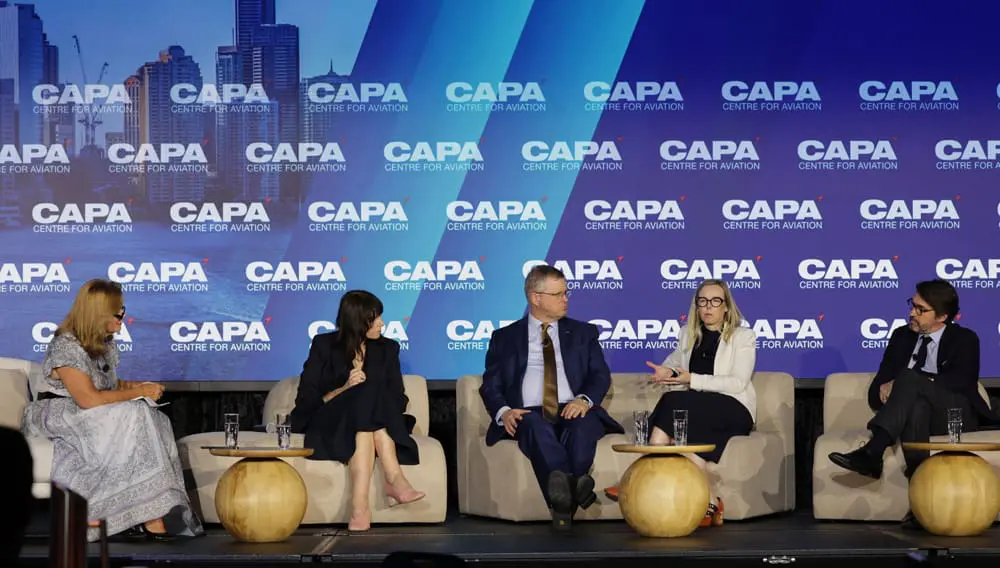
Qantas Group Executive Manager, Climate Change Fiona Messent said Australian travellers want more action on aviation sustainability.
“We’ve been hearing from our customers for a long time now that they do want us to be doing more on sustainability, particularly our corporate customers who are obviously feeling their own pressure on their emission footprints, whether that’s through scope 3 (indirect) or direct emissions,” she said.
Virgin Australia was the only outlier for customer aviation sustainability demand, which the budget airline attributed to its role as a family carrier and the current cost-of-living crisis.
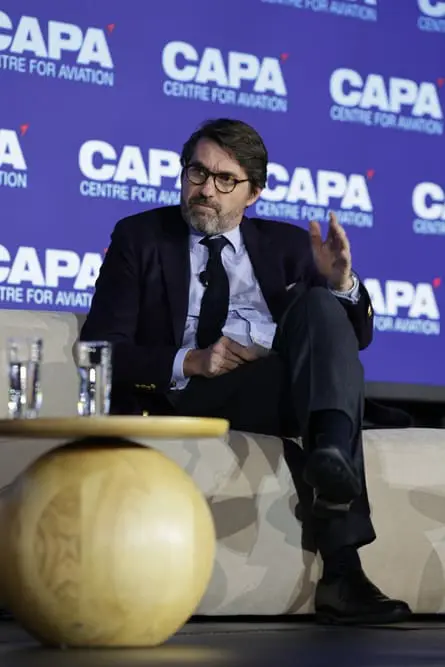
“The awareness is definitely increasing, though when we look at the top 10 purchase decision-making criteria, sustainability is still relatively low,” Virgin Australia Chief Corporate Affairs & Sustainability Officer Christian Bennett said.
“It almost struggles to make the top 10 among our customer cohort, which is not surprising, particularly given the cost-of-living environment. Schedule, network and price are still the main drivers of buying decisions.”
The state of SAF
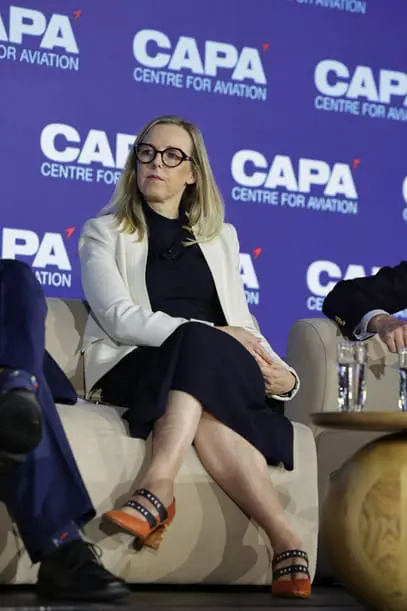
Australia currently imports more than 90 per cent of its liquid fuels despite having the feedstock capacity to develop a domestic sustainable ag-emission fuel industry for the commercial aviation sector.
“Australia is in a position where we should be a SAF superpower, and we’re not,” Airbus’ Forshaw said.
“I think the Australian Government has made some really good leaps in terms of committing itself to a SAF pathway, but we need to see more, and we need to see it moving faster.
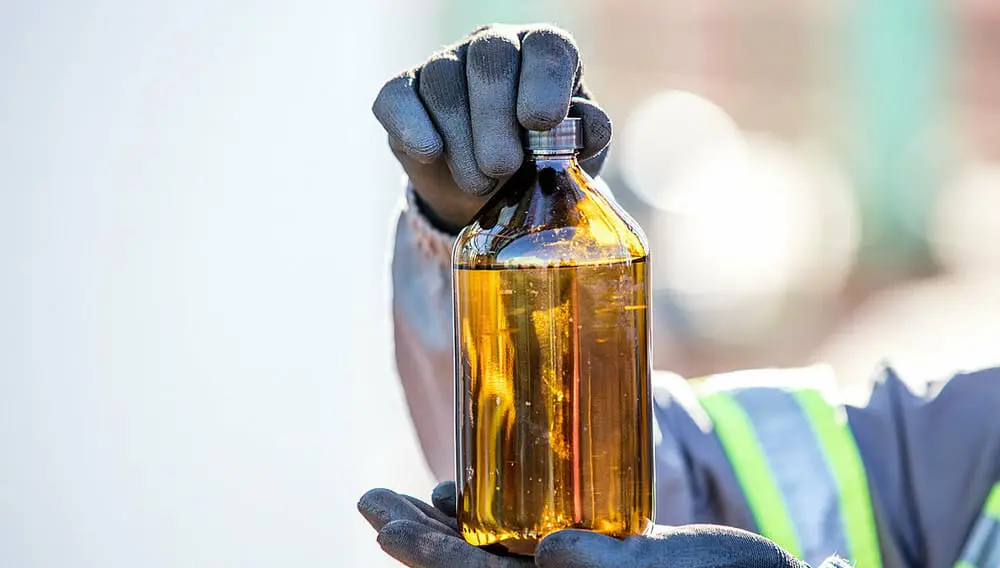
“The international environment is becoming far more competitive. We are in a global feedstock race. We are in a global SAF race. And, we’re not producing what we should be, and we don’t even have yet the right support mechanisms on both the supply and demand side.
“We’ve done some research with Airbus that shows if we get the right policy settings in place, you could see up to 70,000 jobs created in this new industry.
“There’s up to $13 billion contribution to GDP by 2040 they’re real numbers that we’re talking about, and that’s before you even consider the fuel security that it could contribute to. So I think we see this as a really good opportunity for Australia,” he said.
Fleet renewal at the forefront
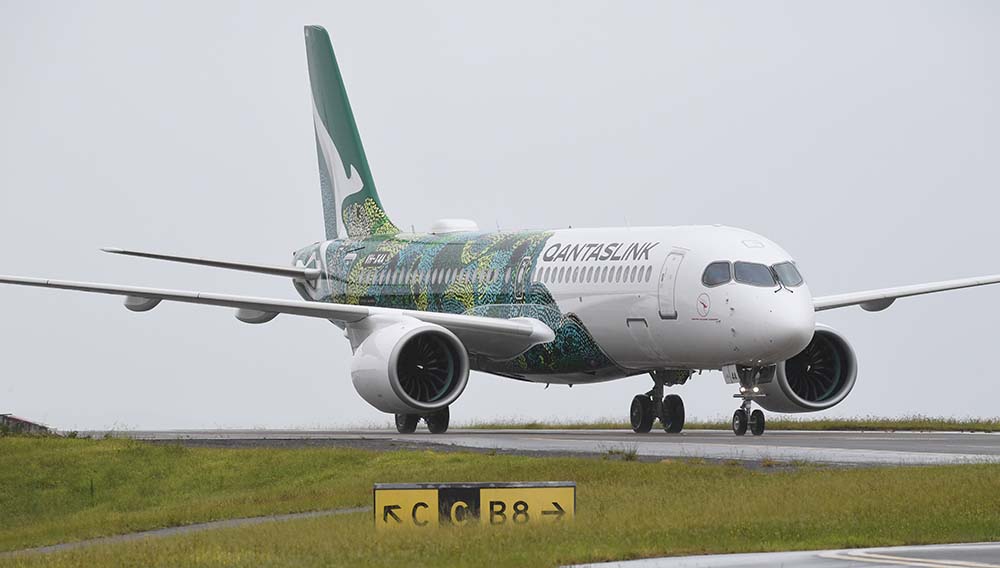
The aviation sustainability leaders outlined the strong industry alignment on the need for rapid decarbonisation and the importance of cost-effective solutions, including feedstock security and policy interactions at federal and state levels to fast-track approvals for strategic projects.
Available levers for airlines include more efficient aircraft, widespread SAF production and adoption and investment in environment protection for future tourism.
Of these factors, Qantas Group’s Messent said airlines had the most control over fleet renewal, highlighting the significant fuel-efficiency improvements from new aircraft such as Airbus A320neos and A220s, which it said are 17 per cent and 23 per cent more efficient compared to the fleet being replaced.
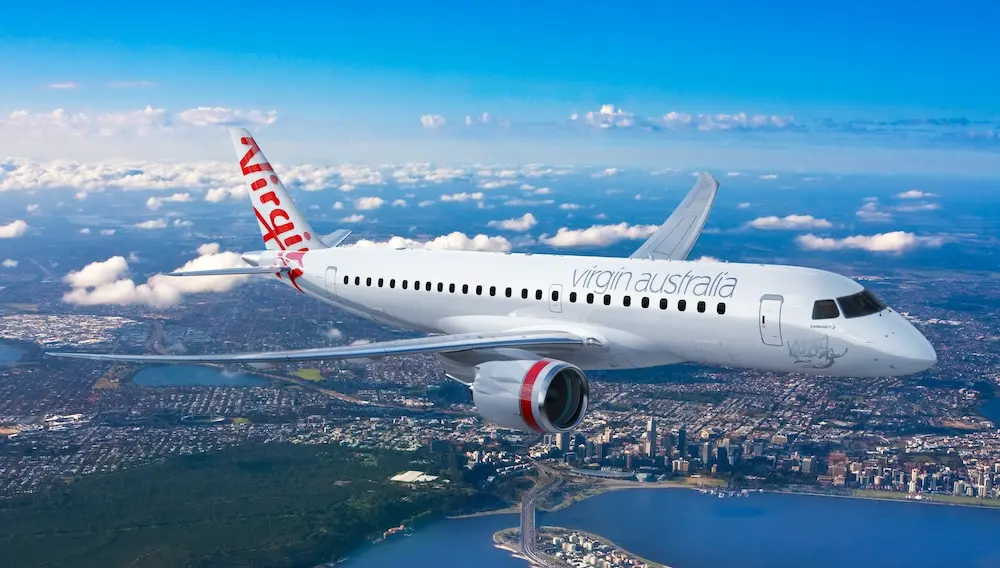
Likewise, Virgin Australia has invested in the Boeing 737 MAX series and Embraer E-190s, saying pilots have seen a 15 per cent change in fuel burn and 30 per cent fuel efficiency respectively.
“It’s the biggest lever we can put our hands on right now, subject to global supply chain, but that is the most critical lever we can pull to address this challenge,” Bennett said.
Customer communication is key
Overall, aviation sustainability leaders recognised the need for better customer education around decarbonisation and sustainability goals, citing United Airlines as an example of a carrier involving customers in the discussion with Oscar the Grouch as ‘Chief Trash Officer’.
Messent said there are benefits to Australia being a ‘fast follower’ and can look to the very different approaches in the UK and the US to see what policies and incentives have worked and emulate that to ensure the industry is commercially viable and affordable.
“We have already highlighted to the Australian Government the need to take a leadership role in educating the public about what SAF is and what SAF isn’t, and that this is going to be a really hard journey, and we should all be ready to sign up for it, but to have those transparent conversations and to be accountable,” Forshaw added.


